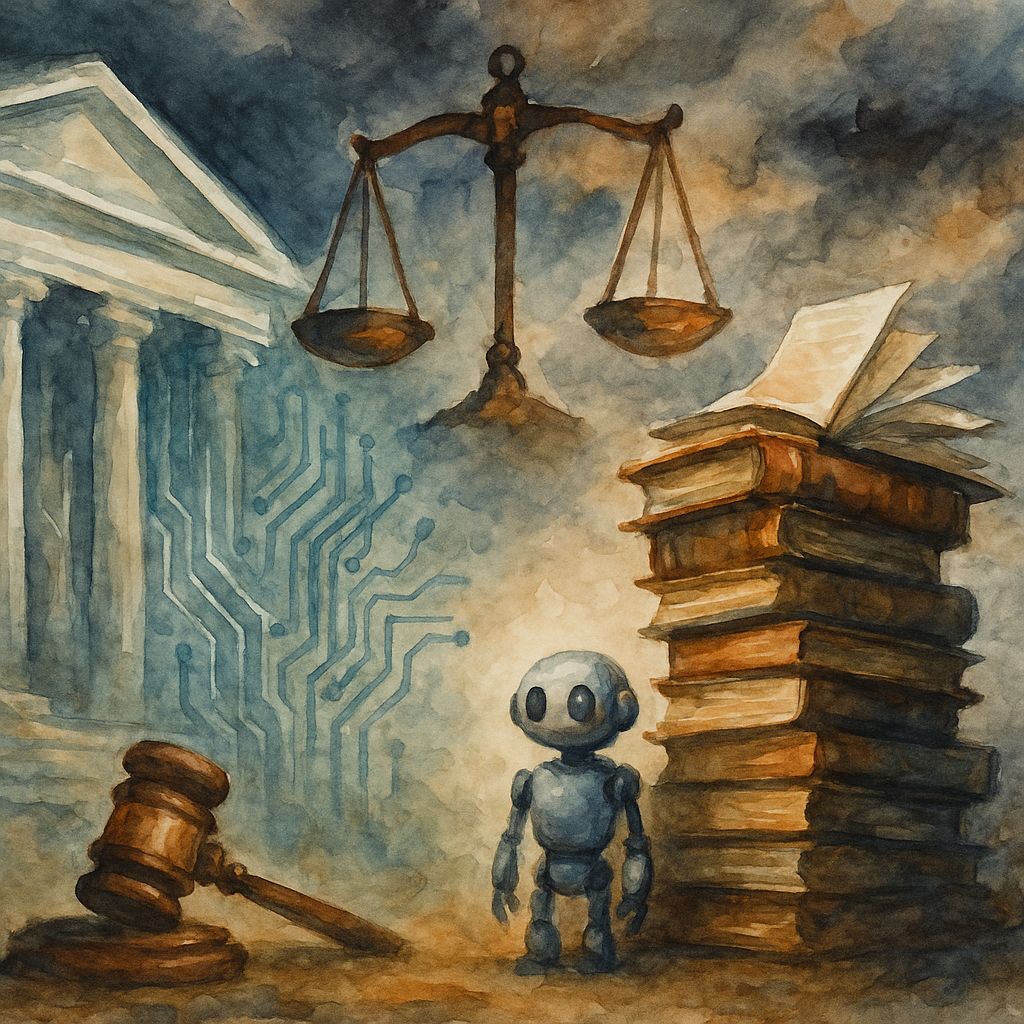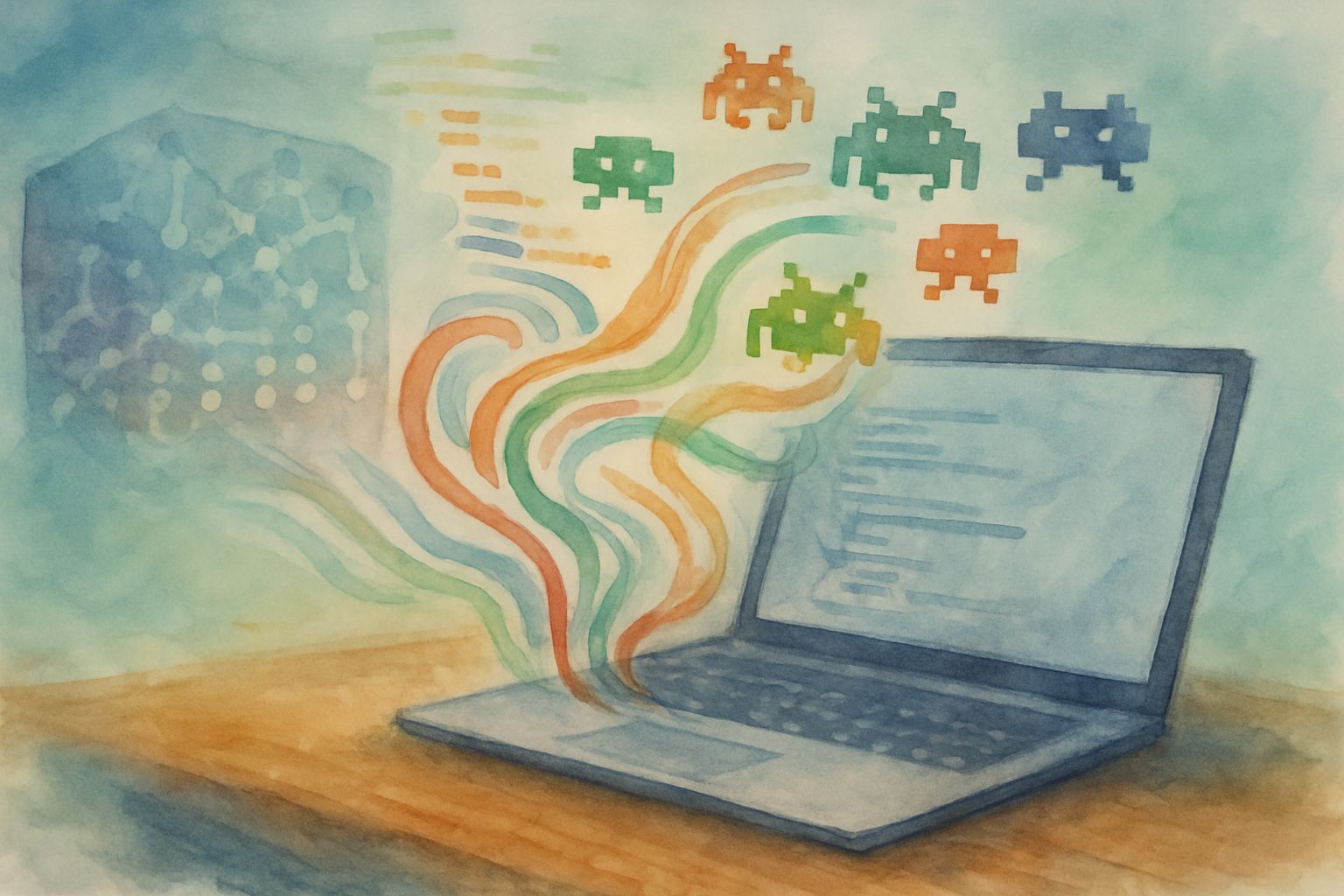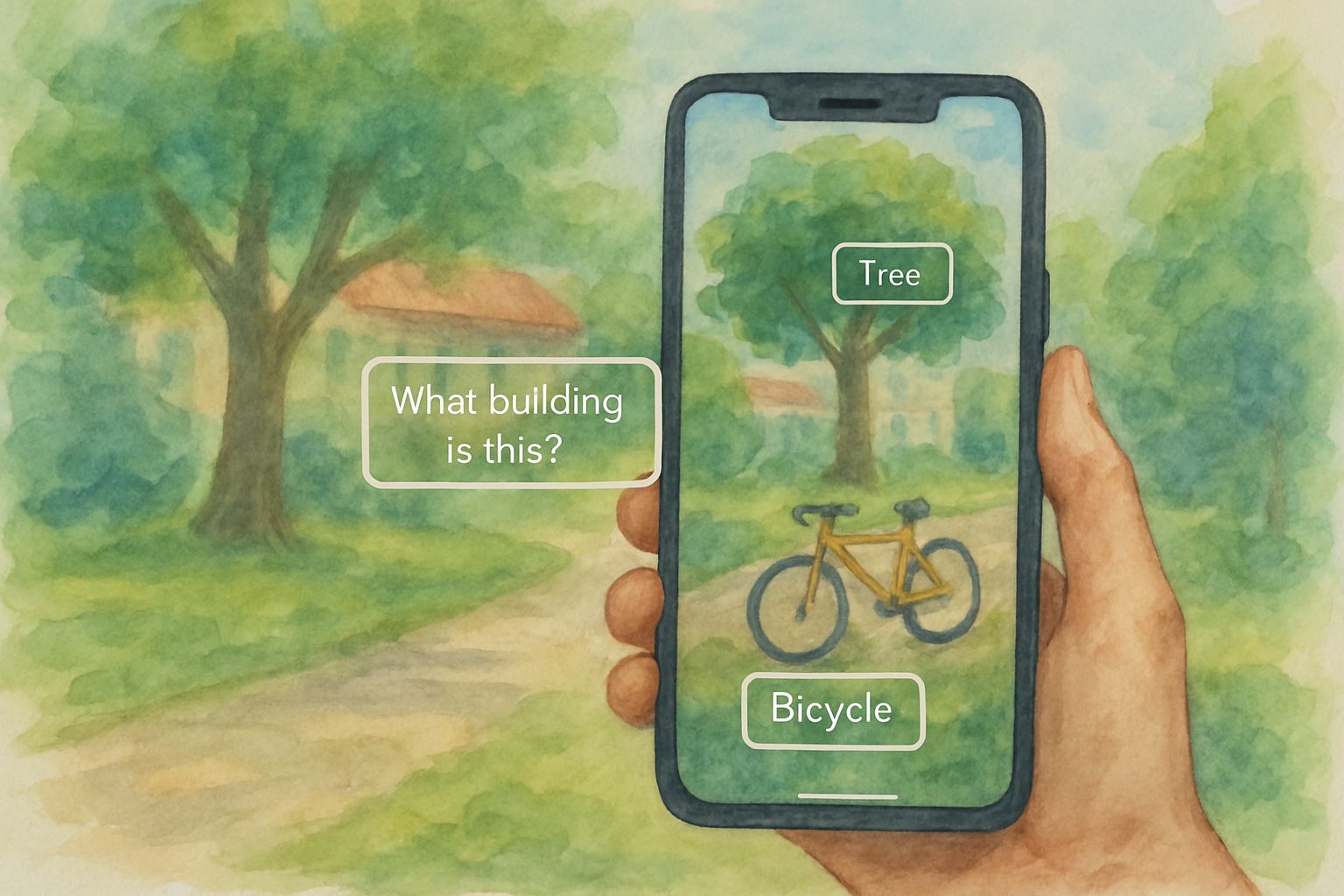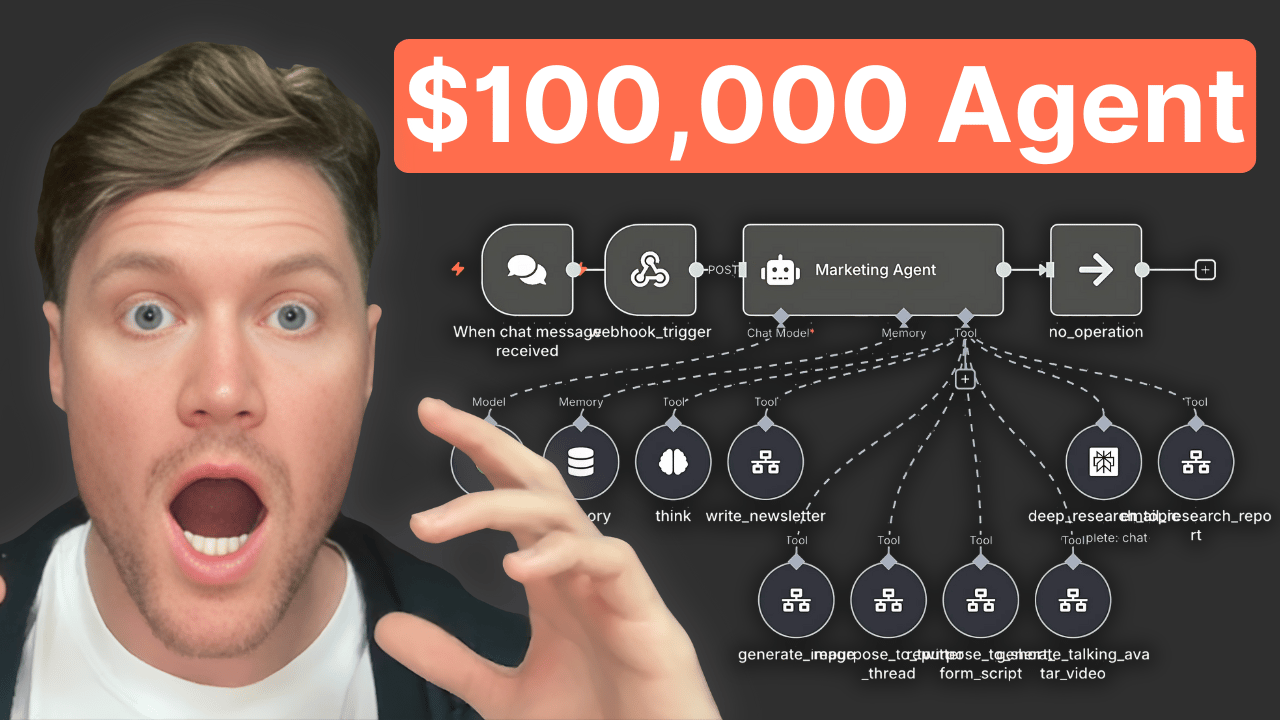- The Recap AI
- Posts
- Anthropic's use of pirated books could bankrupt it
Anthropic's use of pirated books could bankrupt it
PLUS: A powerful 106B-parameter coder, Google's real-time visual search, and Meta's AI-enabled coding interviews
Good morning, AI enthusiast.
Anthropic, a company built on a foundation of 'ethical AI', is now facing a lawsuit that could prove to be a business-ending event. A judge has certified a class-action case against the startup for mass copyright infringement, putting its very existence in question.
The case hinges on the use of pirated books for model training, creating a potential financial liability in the billions. With the first AI training case of its kind now granted class-action status, how will this legal precedent reshape the data-sourcing practices for the entire AI industry?
In today’s AI recap:
Anthropic faces a business-ending lawsuit
A powerful 106B-parameter coder runs locally
Google's real-time AI visual search
Meta’s AI-enabled coding interviews
Anthropic's Existential Threat

The Recap: Anthropic, the AI startup known for its focus on safety, is facing a massive threat after a federal judge certified a class-action lawsuit against it. The case alleges mass copyright infringement for using pirated books to train its models, exposing the company to billions in potential damages.
Unpacked:
The judge made a critical distinction: using lawfully acquired books for AI training is likely protected as "fair use," but downloading and stockpiling pirated books from sites like LibGen is straightforward copyright infringement.
The lawsuit covers millions of books, with statutory damages ranging from $750 to $150,000 per work, creating a scenario where damages could easily bankrupt the company.
This is the first AI training case of its kind to be granted class-action status, setting a powerful precedent that could ripple across the industry and affect other companies facing similar legal challenges.
Bottom line: While judges rarely approve damages that would shutter a major company, this ruling forces Anthropic into a costly dilemma of settling for billions or risking a catastrophic trial. The outcome will help define the legal guardrails for AI data sourcing and could determine the future balance between innovation and creator rights.
The 106B-Parameter Coder

The Recap: A powerful new 106-billion-parameter open-weight model, GLM-4.5 Air, has been released with a permissive MIT license and benchmarks that rival top proprietary models. A quantized version makes this power accessible enough to run locally on a consumer laptop.
Unpacked:
A quantized 3-bit version brings the model's size down to a manageable 44GB, allowing it to run on modern laptops with 64GB of RAM.
In a real-world test, the local model generated a complete HTML and JavaScript Space Invaders game from a single prompt that worked first time.
This release highlights a clear trend in 2025 toward increasingly capable coding models that empower developers to work locally on their own machines.
Bottom line: The ability to run high-performance coding models locally removes dependencies on cloud APIs and associated costs. This shift empowers individual developers to experiment and build more freely, directly on their own hardware.
AI Training
The Recap: We replaced our marketing team here at The Recap with this voice agent. It writes our daily newsletter, repurposes content for Twitter, writes short form video scripts for TikTok, and generates videos. In this video, we break down how to build an agent just like this for your own business or for your client's business.
P.S We also launched a free community for AI Builders looking to master the art and science of building AI Automations — Come join us!
Google Search Now Sees What You See

The Recap: Google is rolling out powerful new updates to its AI Mode in Search, headlined by 'Search Live,' a feature that uses your phone's camera and Project Astra to provide real-time, conversational answers about your surroundings.
Unpacked:
The new Search Live feature lets you point your camera at something and have a live, spoken conversation with Search to get explanations or solve problems in real time.
A 'Canvas' feature acts as a persistent workspace, helping you organize information and build dynamic plans or study guides over multiple sessions directly in a side panel.
AI Mode is also getting expanded file support, allowing you to upload PDFs and images on desktop to ask detailed questions and get summarized information about the documents.
Bottom line: This update pushes Google Search beyond a simple query box, transforming it into an interactive assistant that understands your visual context. It signals a future where information retrieval is seamlessly blended with your immediate environment.
Where AI Experts Share Their Best Work
Join our Free AI Automation Community
Join our FREE community AI Automation Mastery — where entrepreneurs, AI builders, and AI agency owners share templates, solve problems together, and learn from each other's wins (and mistakes).
What makes our community different:
Real peer support from people building actual AI businesses
Complete access to download our automation library of battle-tested n8n templates
Collaborate and problem-solve with AI experts when you get stuck
Dive into our course materials, collaborate with experienced builders, and turn automation challenges into shared wins. Join here (completely free).
Meta's AI-Enabled Interviews

The Recap: Meta is developing a new type of coding interview that gives candidates access to an AI assistant. The move aims to make interviews more representative of modern development workflows and is being tested internally with mock interviews.
Unpacked:
The primary goal is to better reflect the day-to-day environment for engineers and make traditional LLM-based cheating less effective.
CEO Mark Zuckerberg envisions a future where human engineers manage AI coding agents that will write a majority of the company's code.
This approach is still controversial in Silicon Valley, as other major AI players like Anthropic explicitly ban applicants from using AI assistants during their interview process.
Bottom line: This signals a significant shift in how technical skills are evaluated, moving away from rote memorization and toward a candidate's ability to effectively leverage AI tools. The change redefines a top-tier engineer as a skilled problem-solver who can augment their abilities with AI, not just write code from scratch.
The Shortlist
Adobe launched a new "Harmonize" feature in Photoshop that uses generative AI to automatically adjust the color, lighting, and shadows of a new object to seamlessly blend it into an existing photograph.
Researchers demonstrated that large language models can autonomously plan and execute complex cyberattacks, with a model from Anthropic successfully replicating the 2017 Equifax breach in a simulated environment without human intervention.
Google began trialing a new "Reporting Transparency" policy for its Project Zero security team, which will publicly disclose the existence of a reported vulnerability within one week to help shrink the patch gap between upstream vendors and downstream developers.
Meta hired a fourth key AI researcher from Apple's foundation models team in the last month, escalating the talent war as it builds out its new "Superintelligence" group.
What did you think of today's email?Before you go we’d love to know what you thought of today's newsletter. We read every single message to help improve The Recap experience. |
Signing off,
David, Lucas, Mitchell — The Recap editorial team

